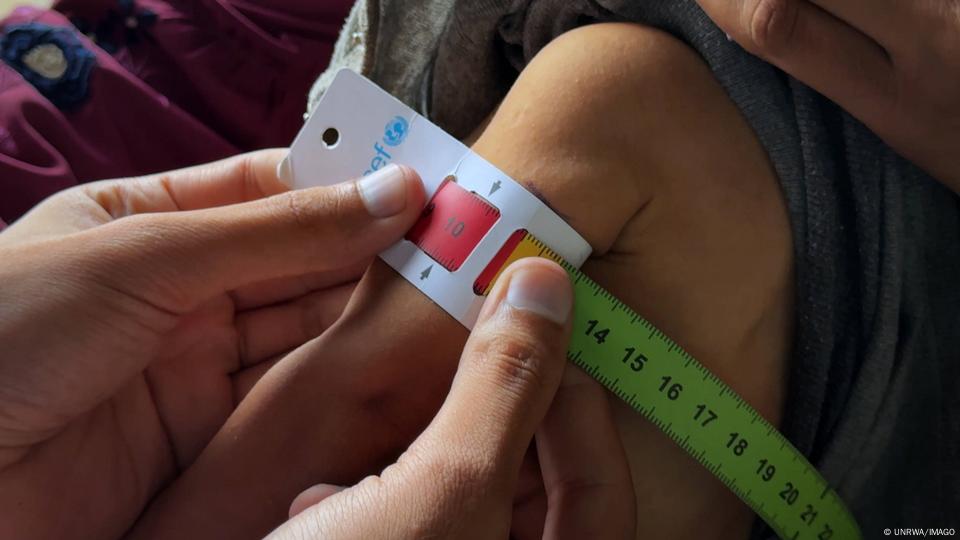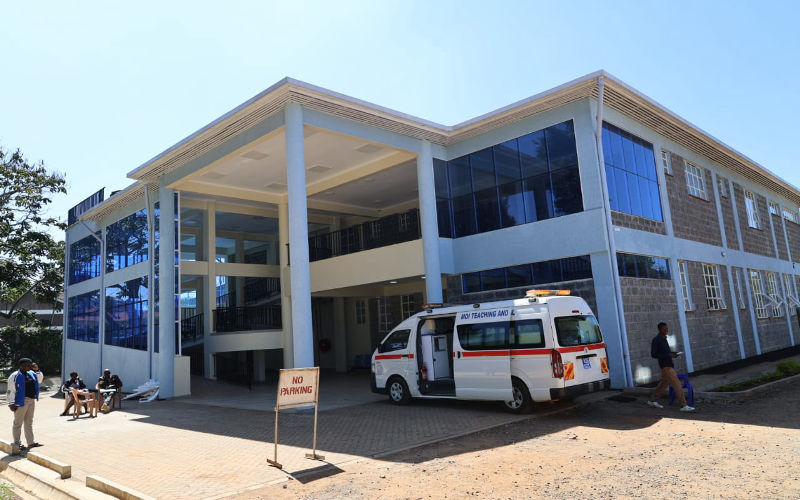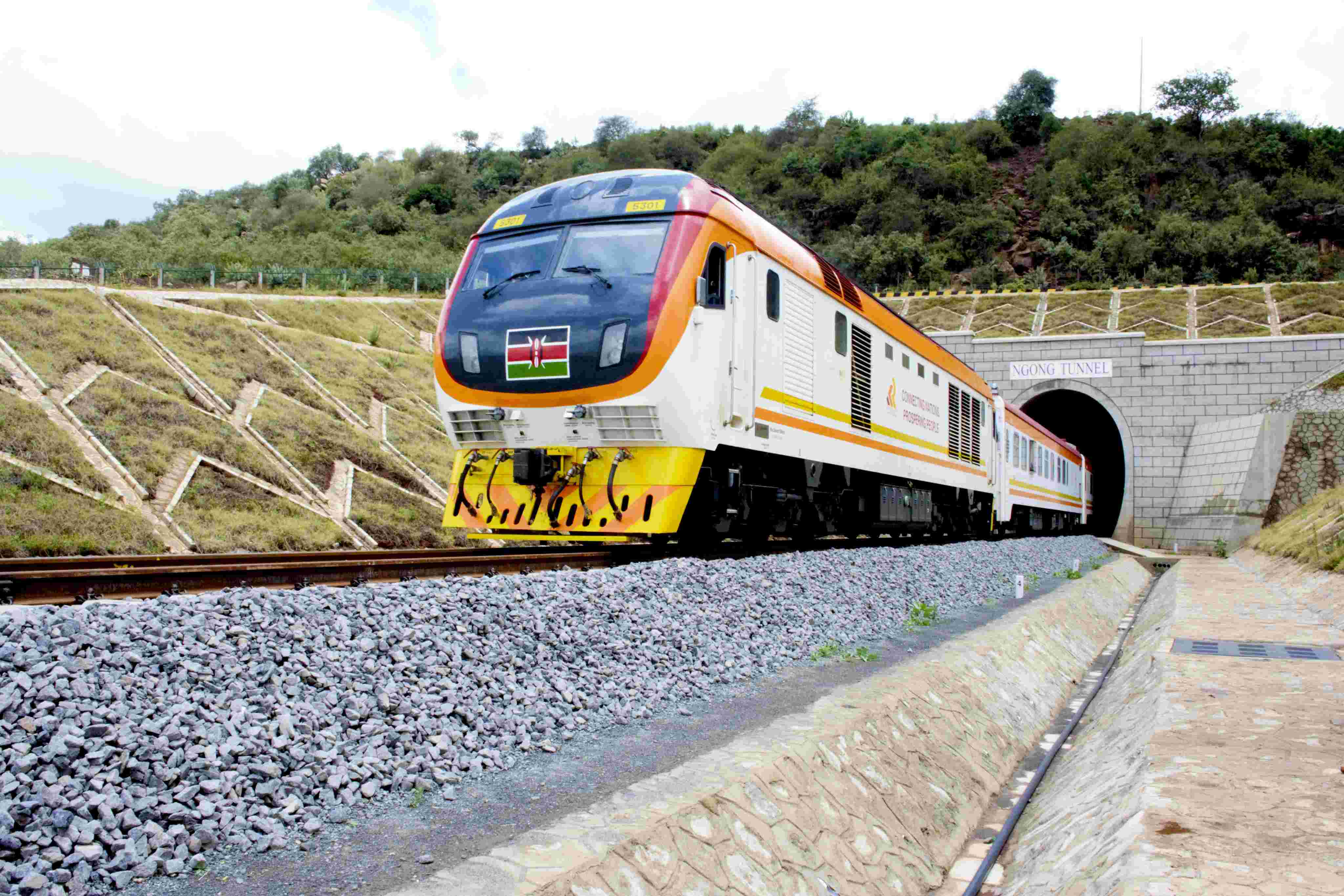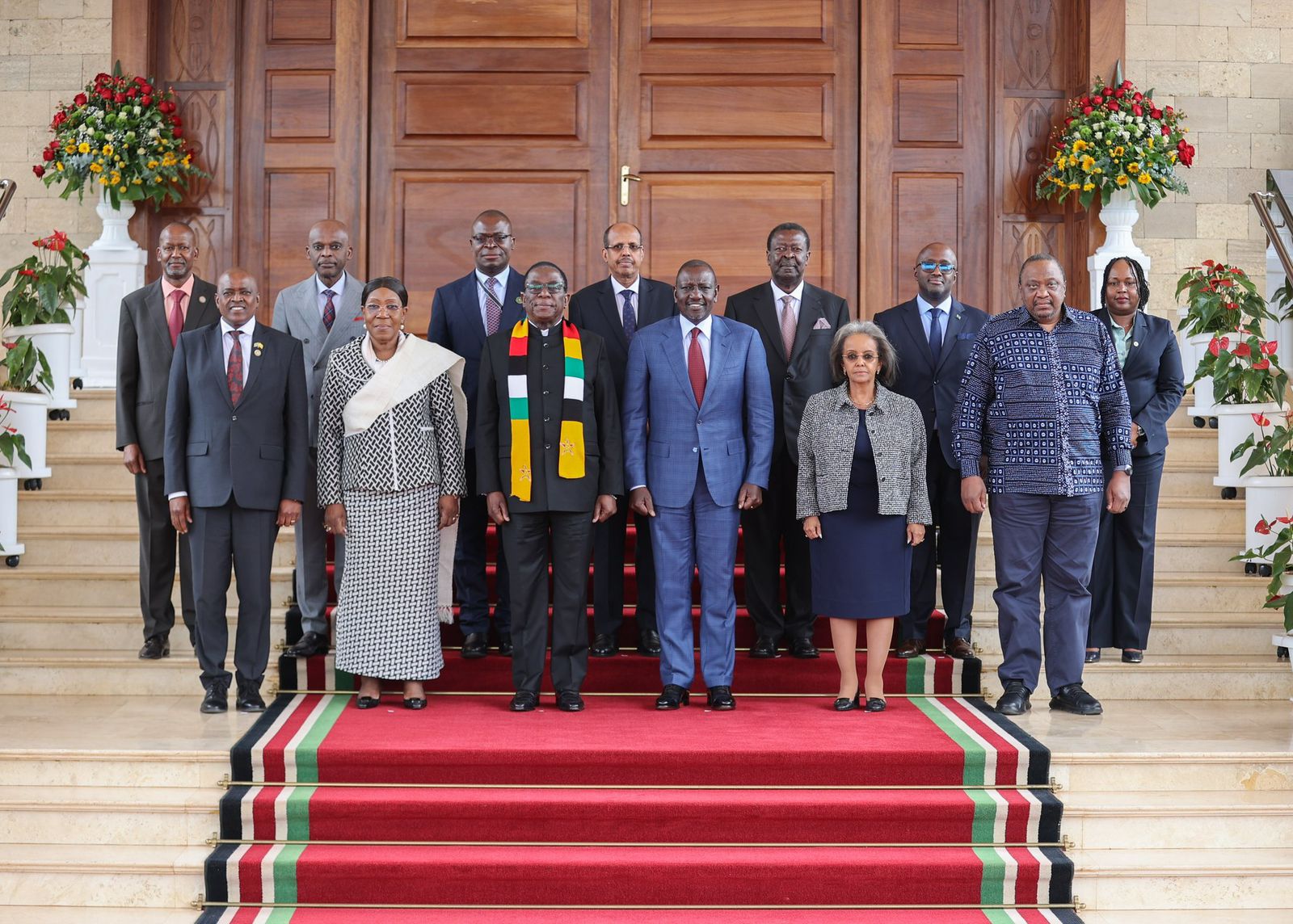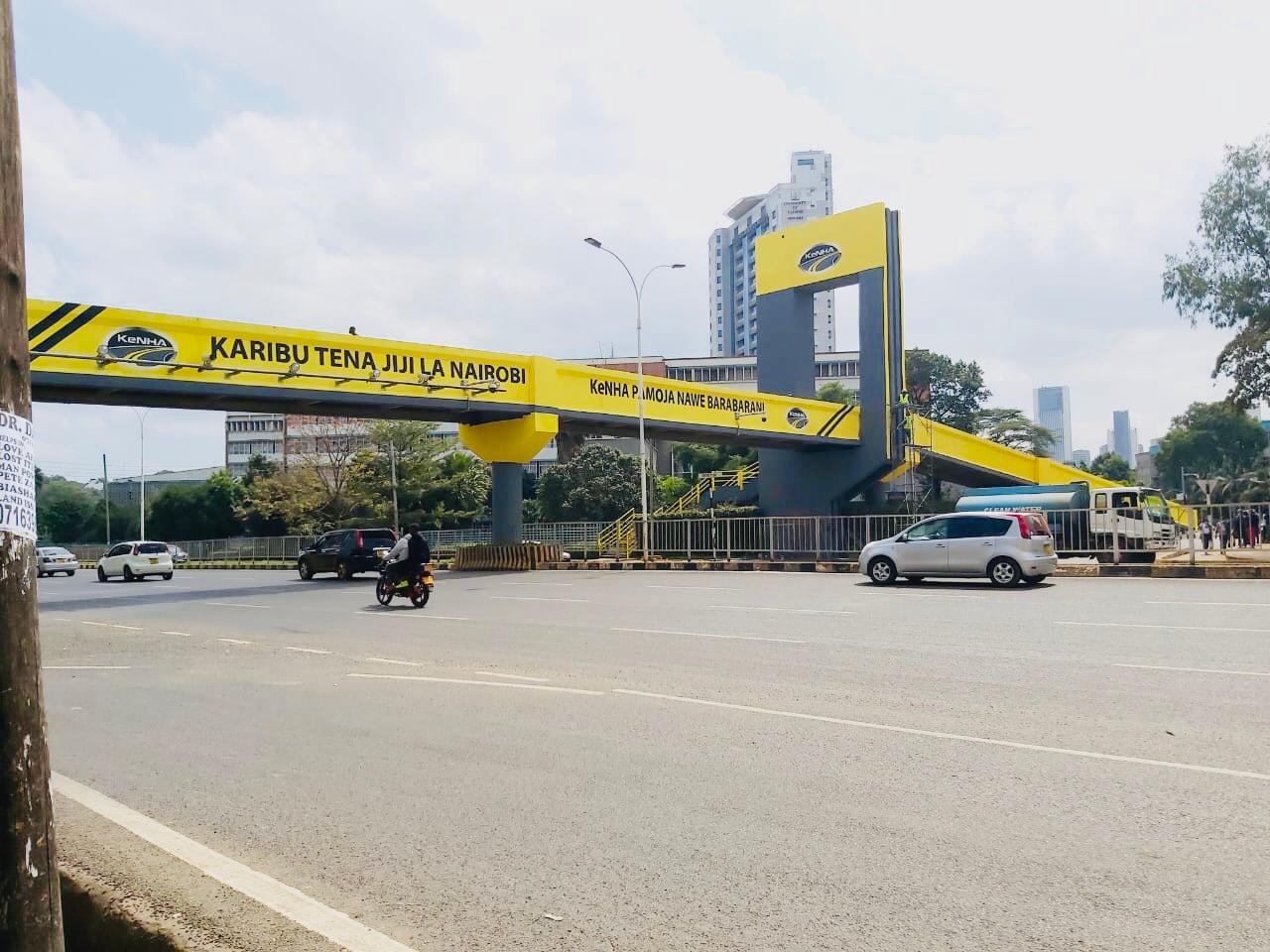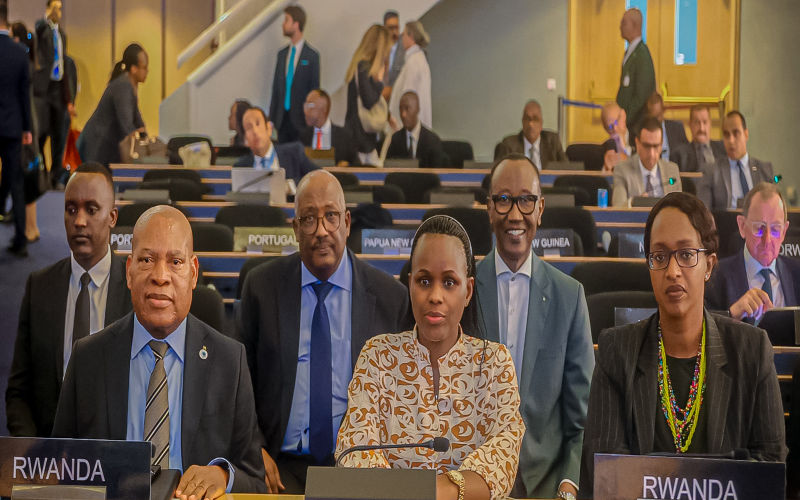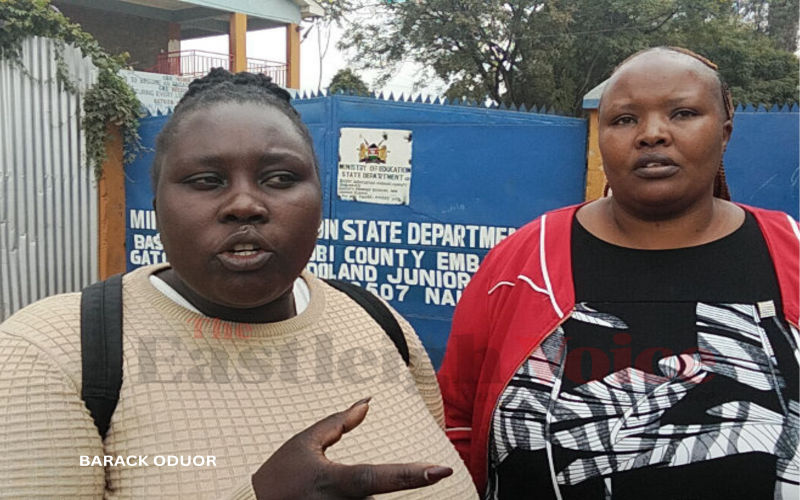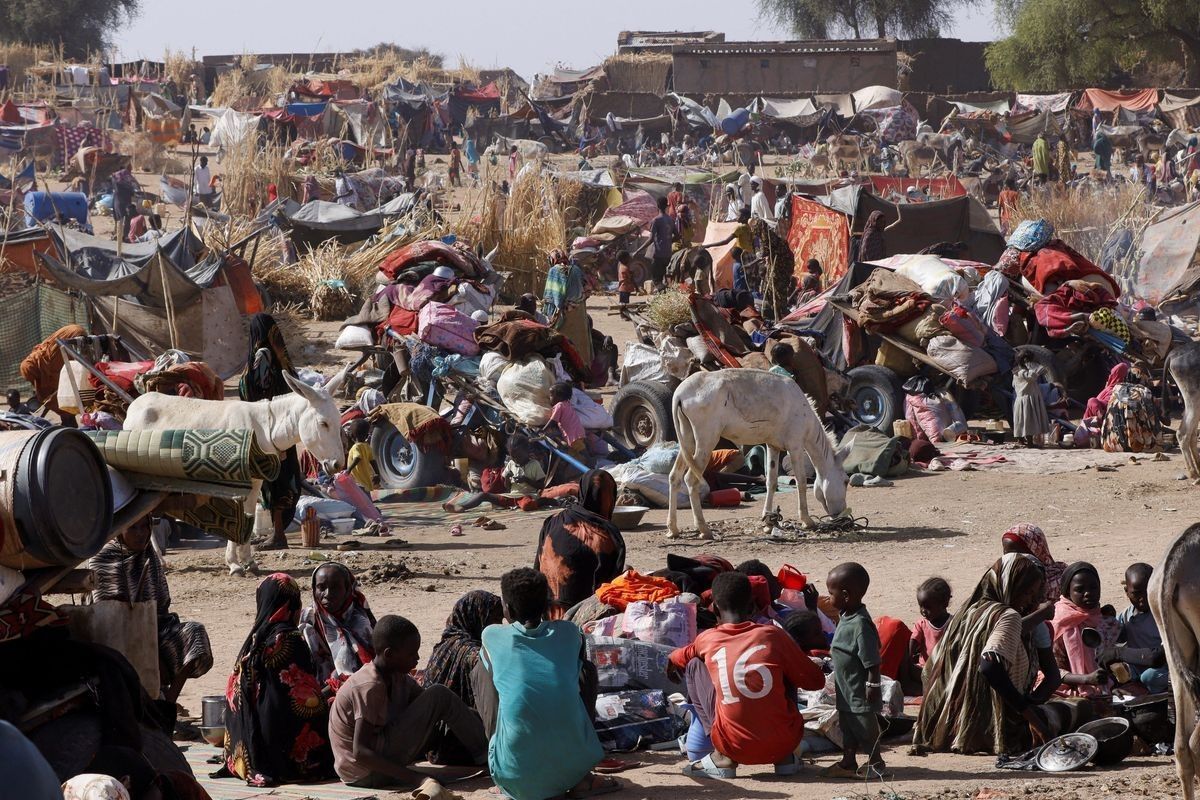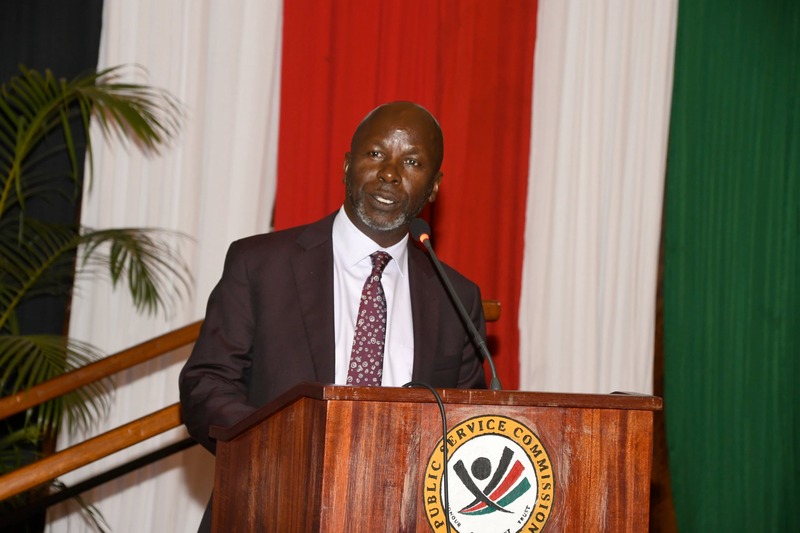Somalia accuses Ethiopia of sovereignty violations after deadly attack on military bases in Gedo
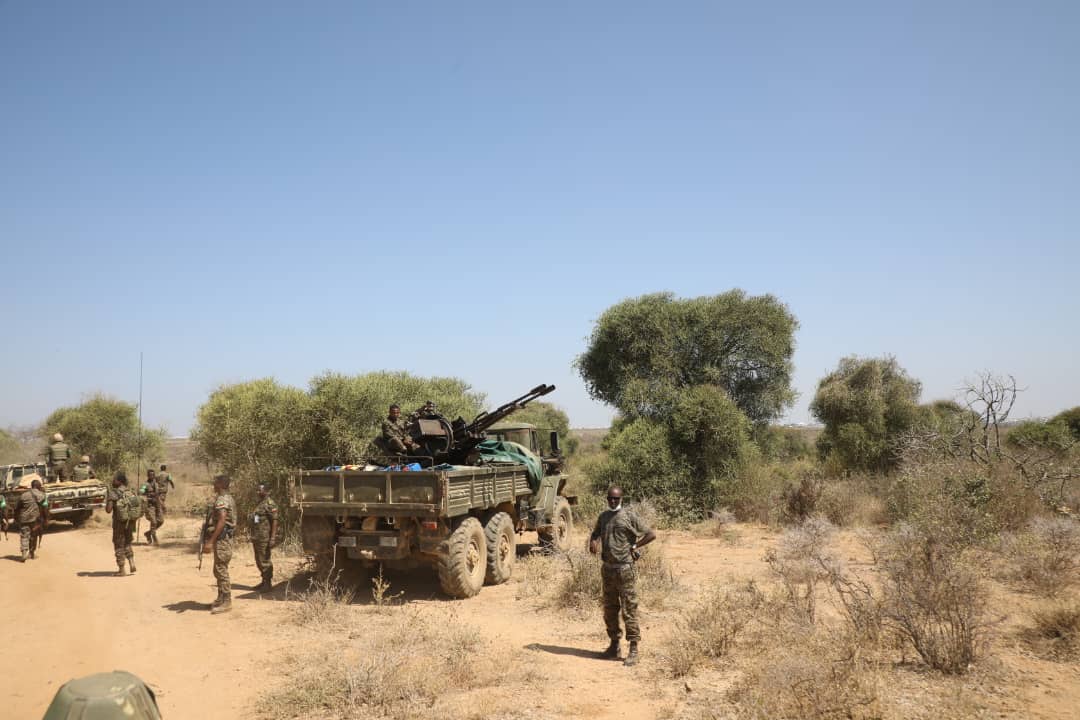
The statement detailed how Ethiopian forces targeted “three key bases manned by the Somali National Army, the National Intelligence and Security Agency (NISA), and the Somali Police Force,” resulting in “casualties, including fatalities and injuries”.
Somalia has issued a forceful statement accusing Ethiopia of egregiously violating its sovereignty and territorial integrity.
In a release from the Somali Foreign Ministry, it was reported that Ethiopian troops crossed their shared border to launch an assault on the town of Dolow in the Gedo region of Jubaland on Monday morning.
More To Read
- Somalia, Djibouti sign troop deployment deal
- Somalia officially recognises SSC-Khatumo as 6th federal member state in historic unity move
- Fresh clashes in Somalia’s Gedo region force civilians to flee to Mandera
- Somalia, Switzerland sign immigration reform deal to boost border security, global mobility
- Somalia condemns Puntland for "hijacking" ship carrying weapons destined for Mogadishu
- Somali opposition warns of political crisis amid failed talks with President Hassan Sheikh Mohamud
The statement detailed how Ethiopian forces targeted “three key bases manned by the Somali National Army, the National Intelligence and Security Agency (NISA), and the Somali Police Force,” resulting in “casualties, including fatalities and injuries” among Somali forces at these locations.
The Somali government condemned Ethiopia’s actions as a “blatant violation of the Ankara Declaration, the principles and Constitutive Act of the African Union, the Charter of the United Nations, and the norms of good neighborly relations.”
Somalia emphasised that it “will not remain silent in the face of such clear violations.”
In contrast, the Jubaland regional government issued its press release, alleging that Somali federal forces attacked Jubaland positions in Dolow, causing significant damage. They claimed that Jubaland forces successfully repelled the assault and asserted that control of Dolow remains firmly with them.
On November 25, Ahmed Mohamed Islam was re-elected as president of the semi-autonomous Jubaland region for another five-year term. This decision has provoked the ire of President Hassan Sheikh Mahamud and Prime Minister Hamza Abdi Barre, who have declared that they do not recognise Ahmed Madobe’s regional government.
In a show of force, they deployed 1,500 Somali National Army (SNA) troops to the southern Jubaland coastal town of Ras Kamboni without the consent of the regional government. Ahmed Madobe subsequently issued an ultimatum for the withdrawal of these troops.
On December 11, after intense clashes, the SNA defences crumbled, allowing Jubaland to reclaim control of the town. Approximately 300 SNA troops surrendered to Jubaland and were quickly repatriated to Mogadishu, while another 1,000 crossed into Kenya, surrendering to the Kenya Defence Forces (KDF) at the Ishakani border post.
Concerns are mounting in Kenya and Ethiopia that President Hassan may be attempting to forcibly remove Ahmed Madobe, which could destabilise the relatively peaceful Jubaland region.
Such instability could trigger a mass exodus of refugees into neighbouring countries and provide an opportunity for Al-Shabaab to regroup and exploit the chaos.
Both Addis Ababa and Nairobi view a conflict between Mogadishu and Kismayo as a potential disaster and are urging Hassan and Ahmed Madobe to engage in dialogue to resolve their differences politically.
Observers describe Mogadishu’s recent decision to deploy SNA troops to the Gedo region as a provocative and dangerous move. Somalia’s international partners have called on both sides to de-escalate tensions and give peace a chance. However, for now, this plea seems to be falling on deaf ears.
Top Stories Today



